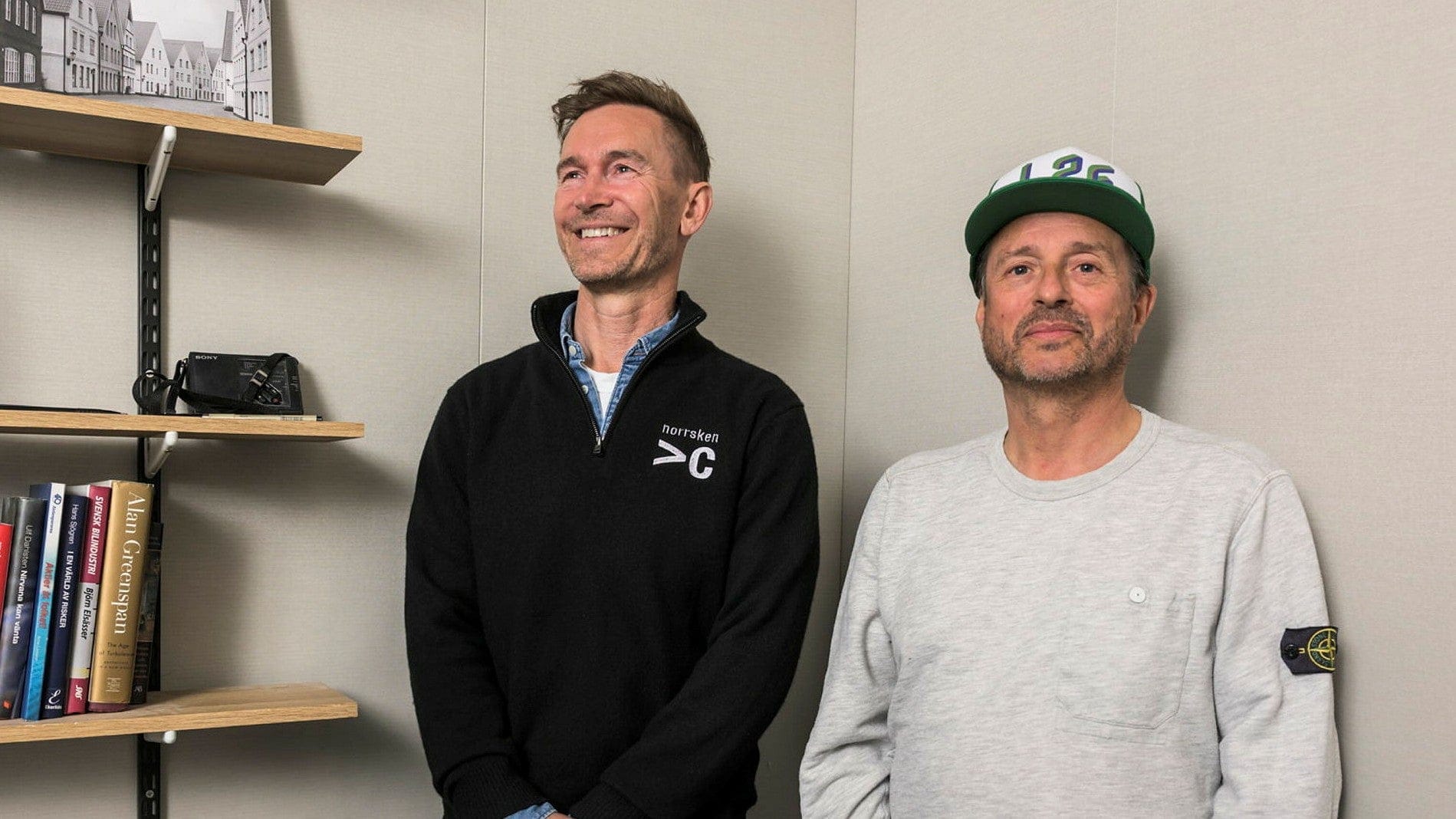AI’s Impact on the Future of Work: A Looming Societal Shift
While many early AI companies may not survive, those that do could become “generational companies,” fundamentally changing society, a shift we are already seeing early signs of.
This is according to Mattias Miksche and David Frykman, seasoned investors and tech entrepreneurs, as discussed in the Technokratin podcast.
“In previous technological shifts, more jobs were created, but I don’t think that will be the case with this technological shift,” says Mattias Miksche.
He argues that the social contract will need to be rewritten because “work, get paid, and pay taxes” will no longer be the norm.
David Frykman agrees:
“90 percent of the population worked in agriculture 150 years ago; now it’s less than 4 percent. That shift went well because it took time. But with AI, the question is whether it will take five years or 15 years,” he says, adding:
“There will be enormous wealth produced by these productivity gains. How will it be distributed?”
Certain industries are already more affected by AI efficiency gains than others.
“Looking at the micro-level, within my network, there are quite a few people who are not getting jobs in the industries where AI has had a very large impact early on. That’s marketing, PR, and other types of ‘white collar’ jobs,” says Mattias Miksche, referring to traditional office jobs.
“I think AI unemployment is already here – but I’m still positive,” he says.
The challenge, according to David Frykman, will likely be for politicians to solve, especially as the government says it is developing an AI strategy for early next year.
“This will be a real AI strategy.”
Listen to Technokratin – this week featuring David Frykman and Mattias Miksche – on Podspace, Apple Podcasts, or Spotify.
Enjoyed this post by Thibault Helle? Subscribe for more insights and updates straight from the source.


